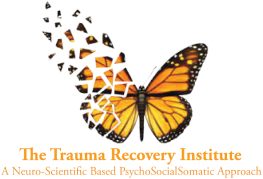24 Aug Mycotoxins
Mycotoxins are secondary metabolites produced by microfungi that are capable of causing disease and death in humans and other animals. Because of their pharmacological activity, some mycotoxins or mycotoxin derivatives have found use as antibiotics, growth promotants, and other kinds of drugs; still others have...

